Netherlands Travel - Gelderland Province
Deriving its name from the German town of Geldern, which served as its capital until the late fourteenth century, Gelderland extends eastward from Utrecht to the German border. This province is the largest and least inhabited area in the nation. The province is a bit of a mix, ranging from the uninspired farmland of the Betuwe (Good Land) to the more unique and attractive Veluwe (Bad Land), a stretch of heath, woodland, and dune (including the Nationaal Park de Hoge Veluwe) that stretches from the old Zuider Zee coastline to Arnhem, the capital of Gelderland that is most known for its WWII battle with Nazi Germany. Kroller-Muller Museum located within the Nationaal Park de Hoge Veluwe is a popular tourist destination with a sizable collection of modern art.
So through this series of articles, I intend to share our stories and experiences of traveling across the Gelderland province of the Netherlands with our fellow photography and travel enthusiasts. I hope they help you plan your travels across this beautiful province!
A vast ocean of endless tulip fields, medieval windmills, charming canals, modern bicycle lanes, and postcard-perfect countryside - these are the images that appear in our minds when we think of the Netherlands. However, we tend to forget that the Netherlands also has its fair share of castles and palaces thanks to the royal families and nobilities who shaped the rich history of the country over the ages. Many of these were built during the medieval times either as defensive structures or luxury residences. Over the years, the purpose of these castles and palaces has changed, and today, they’ve turned into government offices, museums, and tourist attractions, where visitors come to admire the architecture, art collections, and gardens.
At first glimpse, the Dutch royal family’s Versailles-like handsome baroque summer palace of ‘Het Loo’ (meaning “clearing in the woods”) seems just as it was when it was built during the 17th century in the middle of the woodlands of Apeldoorn, in the province of Gelderland in the Netherlands. But 10 meters underneath the courtyard, an injection of engineering expertise spanning 5,000 square meters and costing €171m has created an extraordinary underground Spanish Macael marble museum that showcases the history of the House of Orange.
There is an inherent fascination with things that are outside the norm for many people. The widespread appeal of the Guinness Book of World Records is living proof of this. Therefore, for something to be the tallest, largest, oldest, greatest, or tiniest is a great thing for business. As a result, a few locations claim or market themselves to be "smallest” in the Netherlands which is driven by the local merchants and the chamber of commerce supporting them. And then naturally, it also means, there will always be an element of ambiguity in these kinds of claims. Today I’m going to talk about two such “smallest” settlements in the Netherlands. Let the journey begin!
Dolfinarium Harderwijk in the Netherlands is the largest marine mammal park in Europe that interactively brings humans and nature closer together. Here, you can see charming bottlenose dolphins, naughty porpoises, enormous walruses, roaring sea lions, and stumbling seals performing up close in a variety of shows. You can even get to pet some sharks and rays! It also features 4 fantastic playgrounds and the magnificent water park ‘Waterpret.’ Today, around 600,000 people visit Dolfinarium every year.
While it's well known that Amsterdam, the lively capital city filled with canals and coffee shops, is frequently the first (and, let's face it, sometimes the only) stop for tourists in the Netherlands, there are a plethora of other, less-visited locations throughout the nation that are equally as worthwhile. Travelers will be surprised by how diversified the Netherlands' landscapes are for such a small nation.
Summers in the Netherlands can be a genuine celebration with the sun, sea, beach, festivals, music, overnight stays, lovely pavement cafés, delectable food, and fine wine! The longest day of the year, or the Summer Solstice, which occurs on June 21, marks the beginning of summer, according to the astronomical calendar. June, July, and August are regarded as the summer months by meteorologists. As a result of its maritime climate, which is influenced by the North Sea and the Atlantic Ocean, the Netherlands experiences a variety of weather conditions throughout the summer, including a few hot days with temperatures considerably over the 25-degree threshold.
The Dutch Dunes are ever-changing landscapes as a result of the water and the wind's ongoing effect, extending for hundreds of miles and comprising lakes, woods, and hills that contribute significantly to the Dutch environment. The dunes are home to a diverse array of wild flora and fauna. The dunes provide an essential barrier against the occasionally untamed and rising North Sea because nearly a third of the nation is below sea level. In addition to storm surge protection, these exceptional habitats can deliver a number of amazing experiences right from swimming in the natural freshwater lakes, to a peaceful trek appreciating wildflowers and unusual fauna to biking across rolling hills and conquering windswept vantage points that give breathtaking views in a flat country like the Netherlands.
Spring is undoubtedly the most fascinating season in the Netherlands and therefore, the best time for tourists to visit this beautiful country. After dull, grey, and cold winter months, as the sun starts peeping through the clouds, the sky turns blue and the days get longer and warmer, you know spring is in the air. And during these spring months of mid-March to mid-May, being the largest exporter of flowers globally, the whole country transforms into a vast ocean of flowers. It starts with cherry blossoms, crocuses, daffodils, and hyacinths between mid-March and mid-April, followed by the famous tulips between mid-April and mid-May. This makes it a great time to explore the Dutch countryside.
During the World War II endgame period of 1944 - 45, significant battles erupted in the Netherlands as the Allies pushed through from the country's south and finally succeeded in liberating the Netherlands from German control. Thousands of troops from the Netherlands and from other countries were martyred. The Netherlands has around 3,900 World War II memorials and cemeteries, the biggest absolute number, and density in Europe. Today I’m going to talk about the 3 most historic World War II memorials in the Netherlands.
I've always been intrigued by the fascinating season of autumn. To me, autumn is a grand manifestation of the ultimate reality on earth that one day everything has to perish just to be reborn again. And as the tree leaves turn into vibrant shades of orange, yellow, and red, one last time before they return to Mother Nature, the mushrooms start emerging, chestnuts lay all around, and soft rays of the sun kiss your face as you take a leisurely walk on the rustling dry leaves, autumn shows us that the end can also be beautiful. And during this beautiful season in the Netherlands, what are the things you can see and do? That's precisely what I'm going to tell you today. So let's begin!
Veluwezoom, a part of Hoge Veluwe (but not the Hoge Veluwe National Park), is the first National Park in the Netherlands, located close to the Hoge Veluwe National Park in the province of Gelderland near the cities of Arnhem and Apeldoorn. It has a hilly landscape with an area of 55 square kilometers, comprising heathlands and sand dunes created during the Ice Age.
When you think of the Netherlands, the first thing that comes to your mind is an endless ocean of vibrant flower fields. That’s why it has been very aptly dubbed as the ‘The Land of Flowers’ though it’s often equated to ‘The Land of Tulips.’ But to be honest, this beautiful country has a lot more to offer beyond just tulips when it comes to horticulture. Being the largest exporter of flowers in the world, the Netherlands makes up around two-thirds of the world’s total floral sales. And it goes without saying that they aren’t all just tulips.
Being Dutch citizens ourselves living in the Netherlands for many years, and having traveled to 100+ cities, towns, and villages across all 12 provinces of the country, we’ve discovered many hidden treasures that are not featured in any travel brochures or websites, and many of our Dutch friends aren’t even aware of them, making them perfect for crowd-weary travelers.
Being Dutch citizens ourselves living in the Netherlands for many years, and having traveled to 100+ cities, towns, and villages across all 12 provinces of the country, discovering many hidden treasures on the way that are not featured in any travel brochures or websites, I can safely proclaim that we’ve seen this country more than many of the locals.

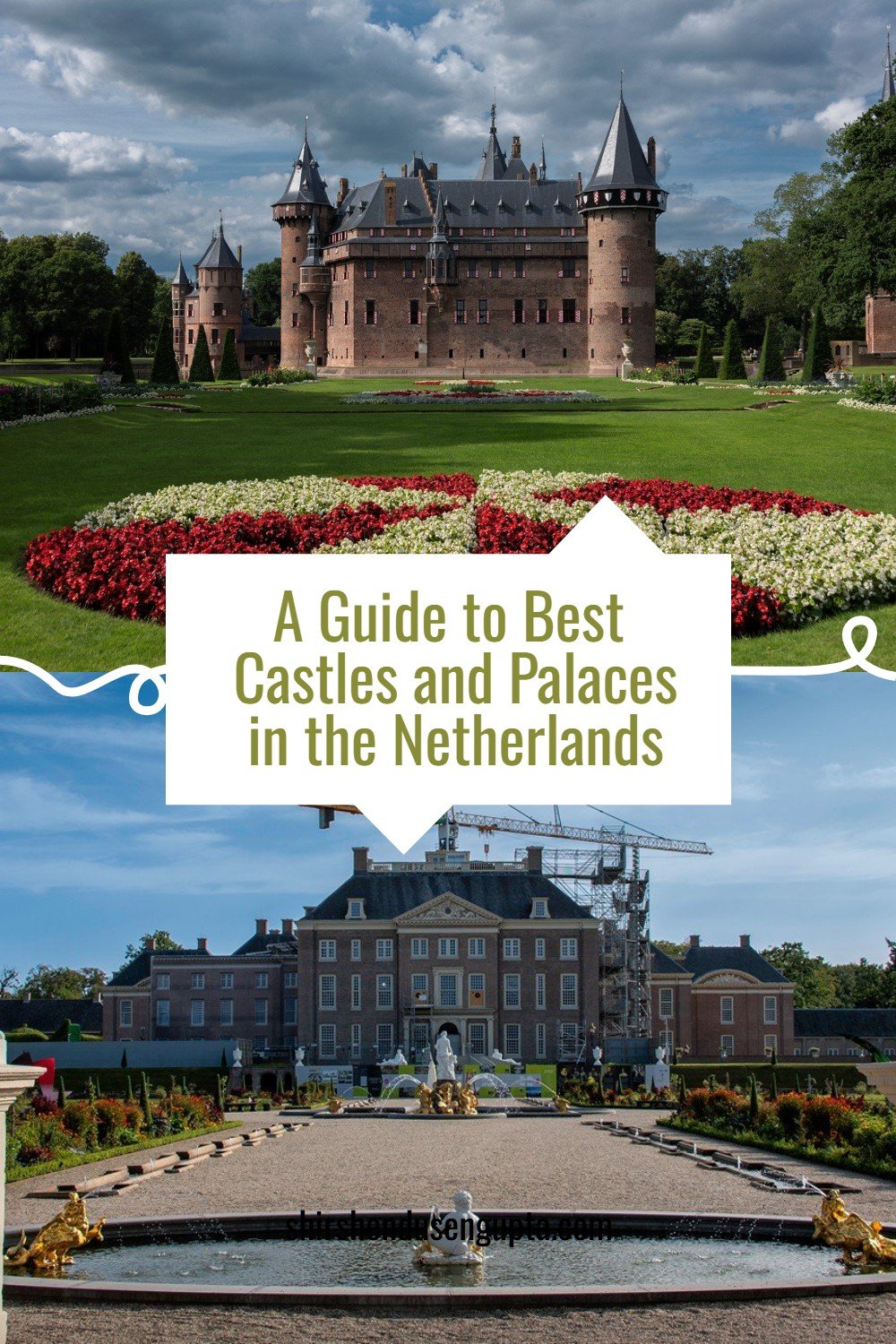
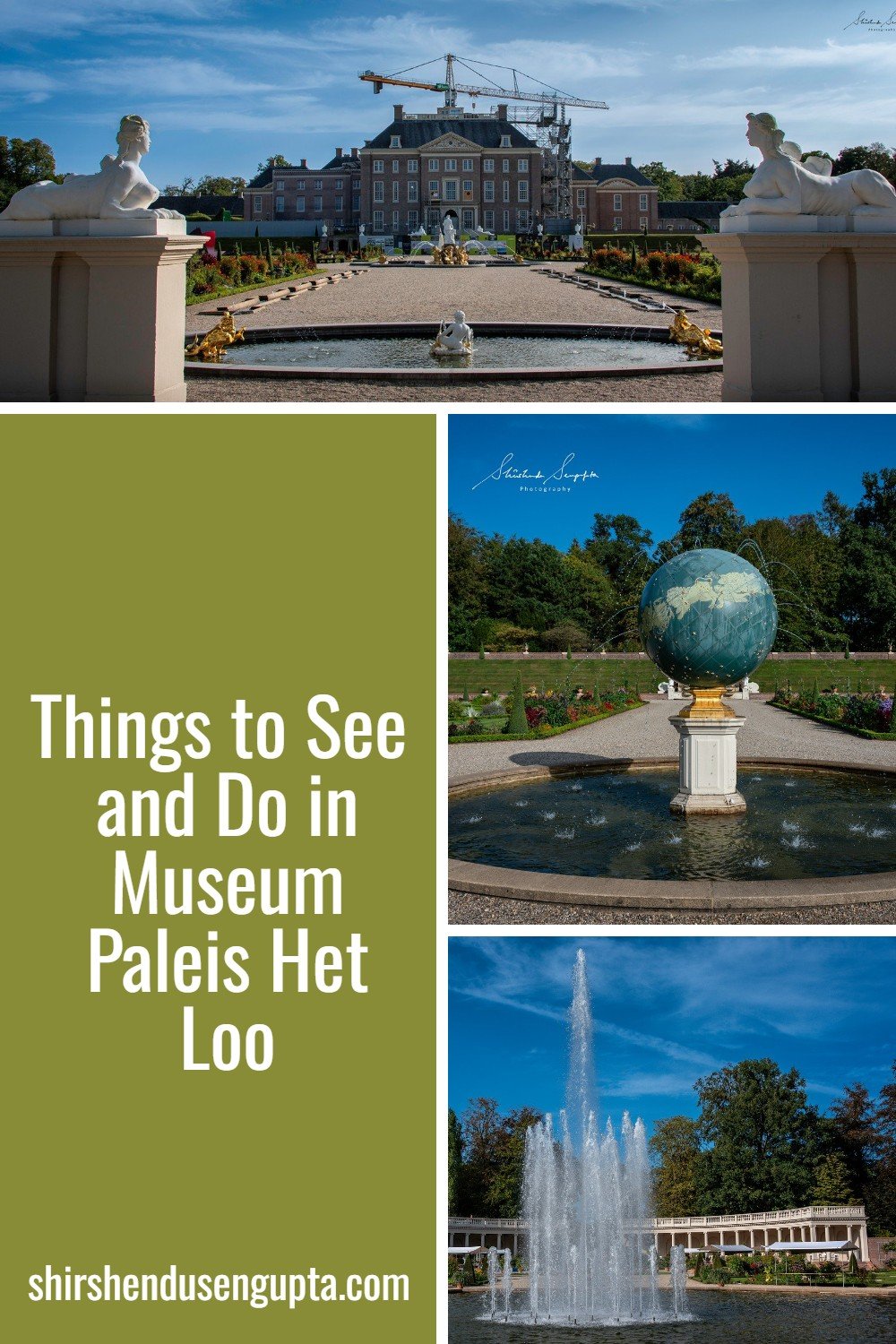
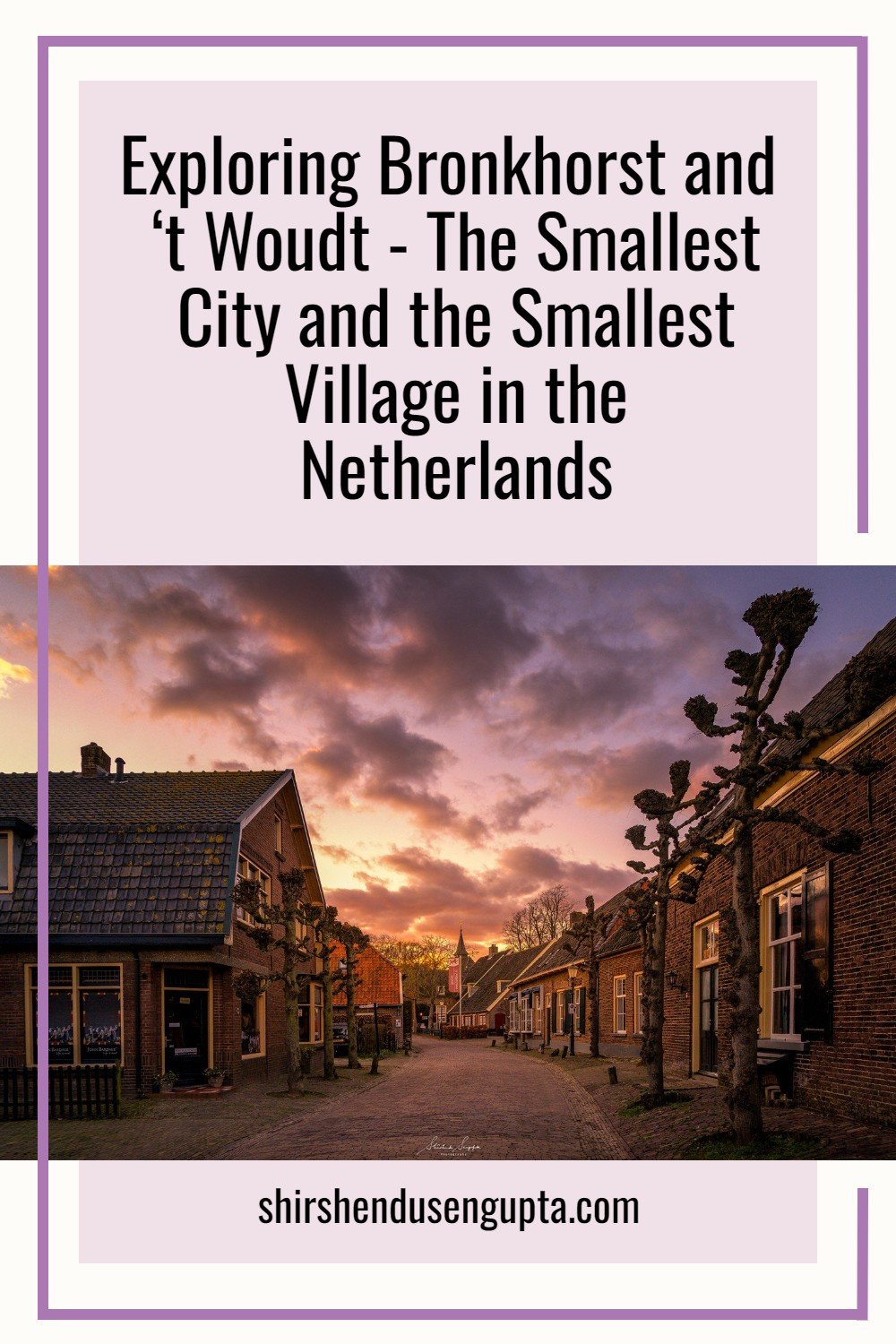
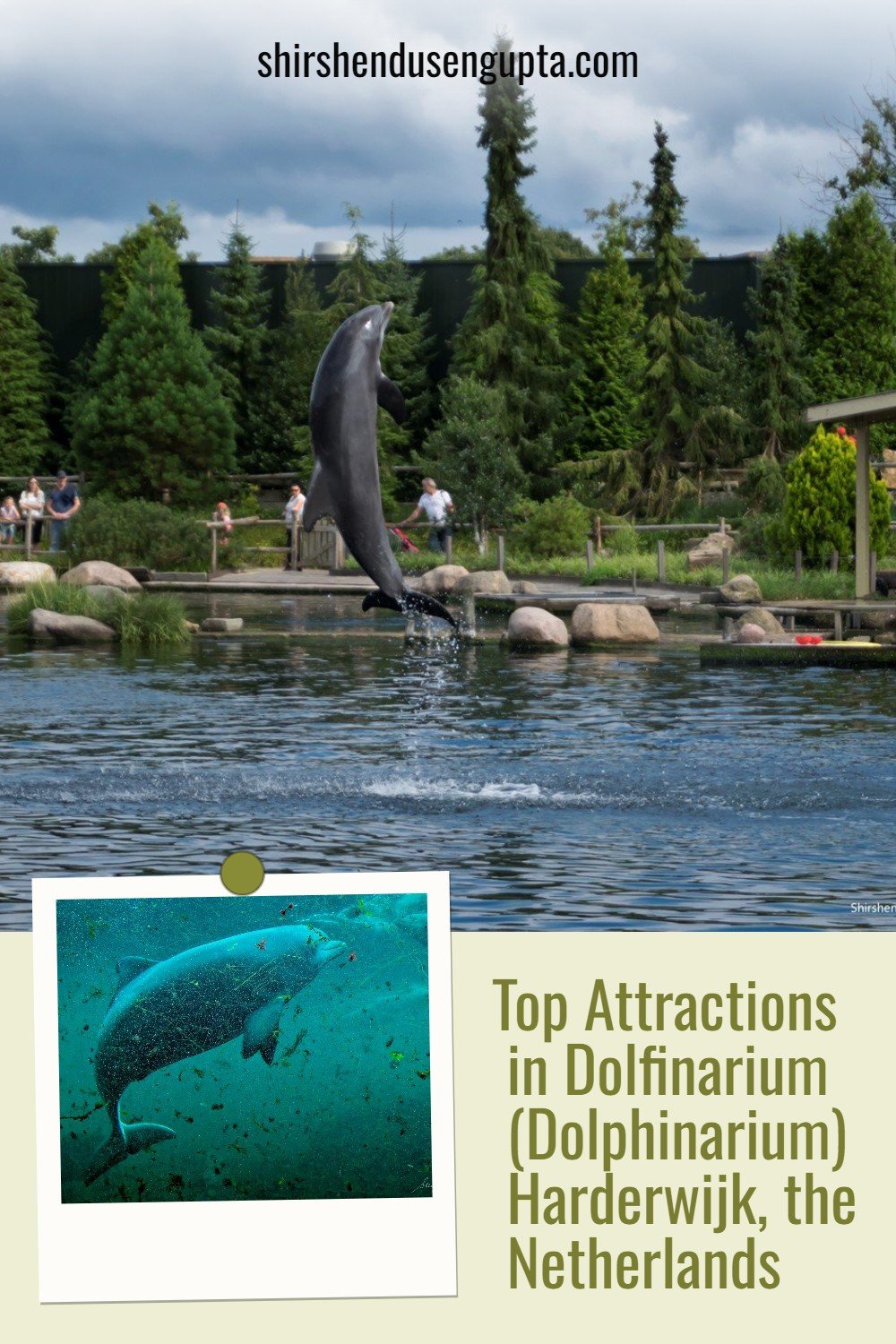
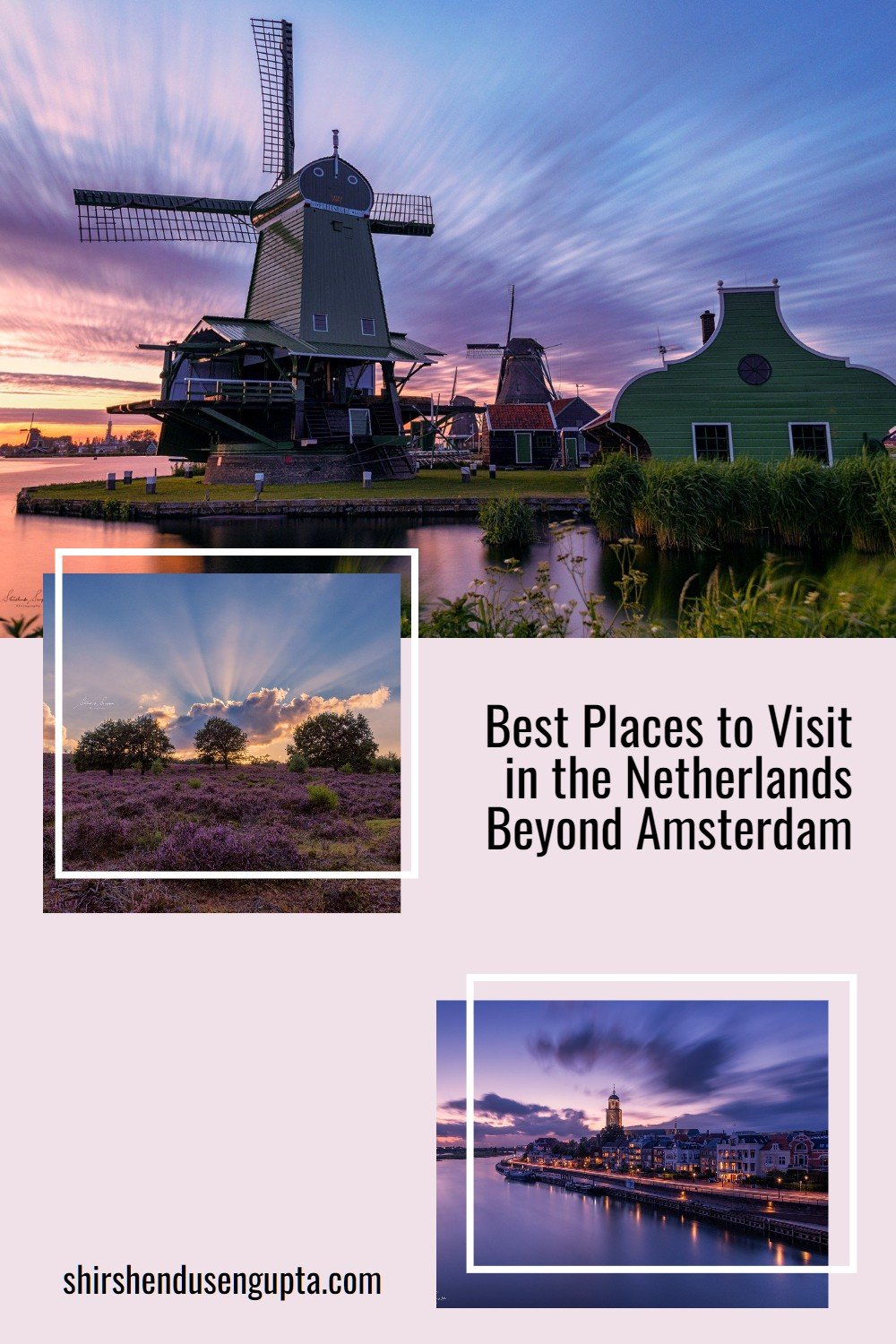
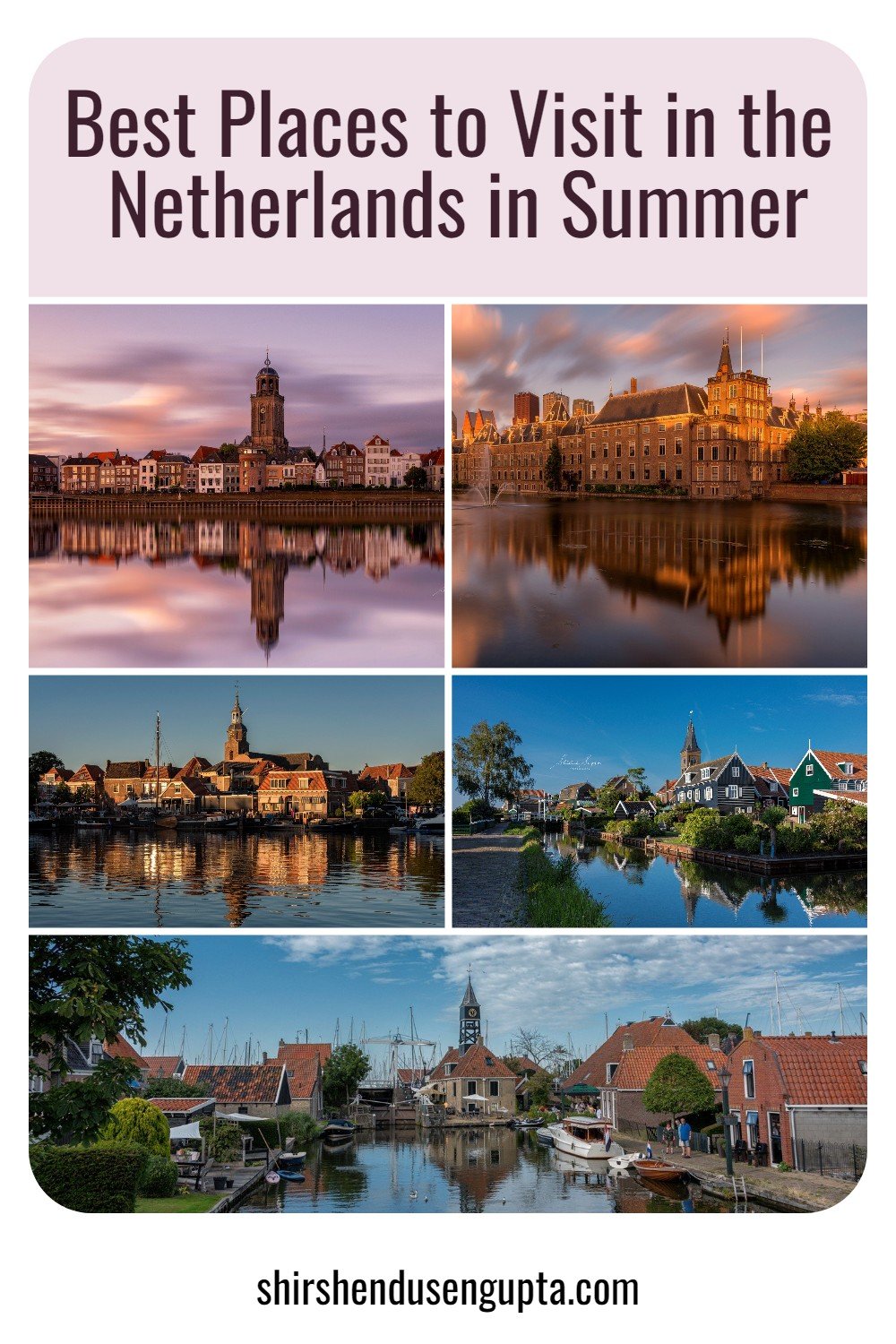
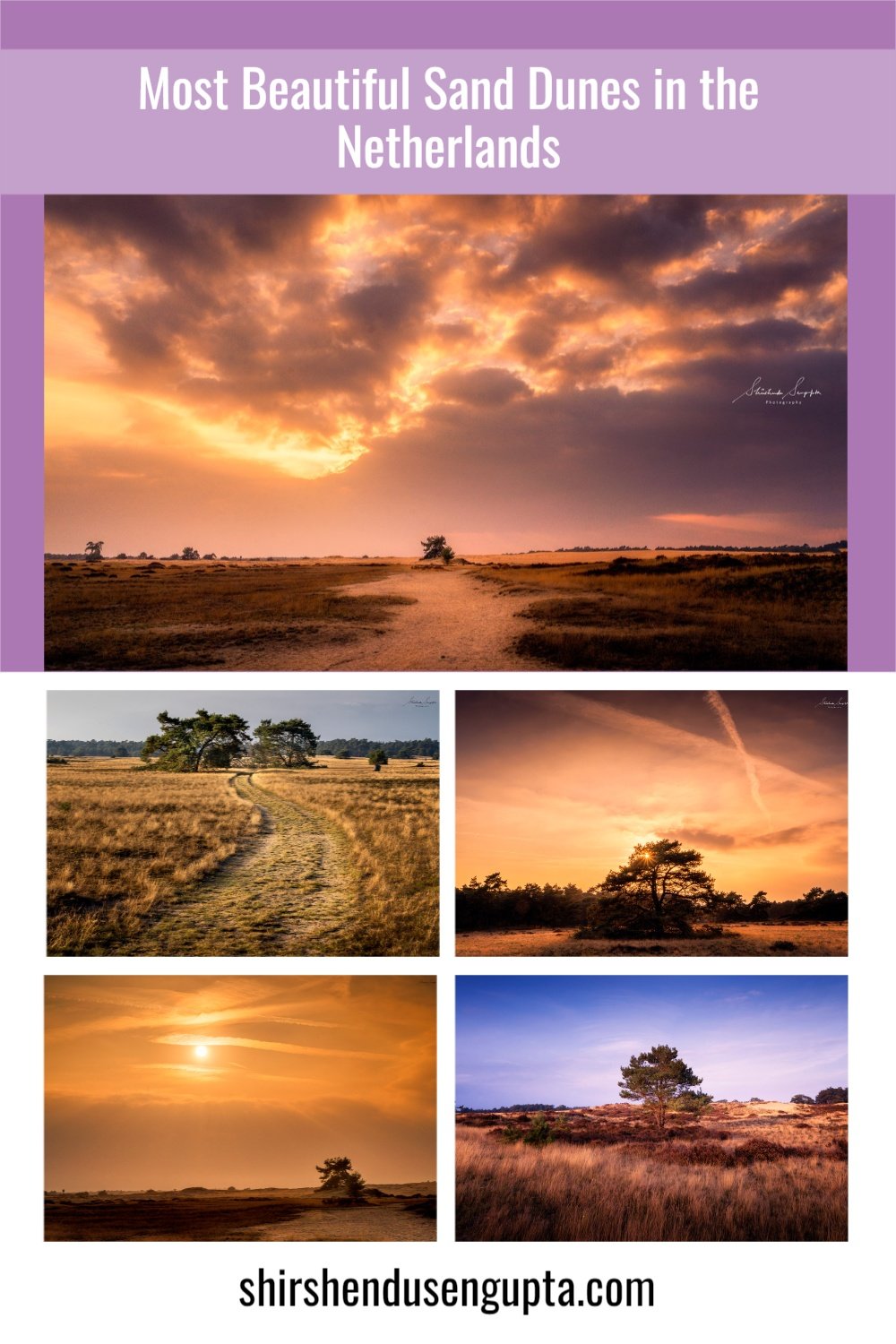
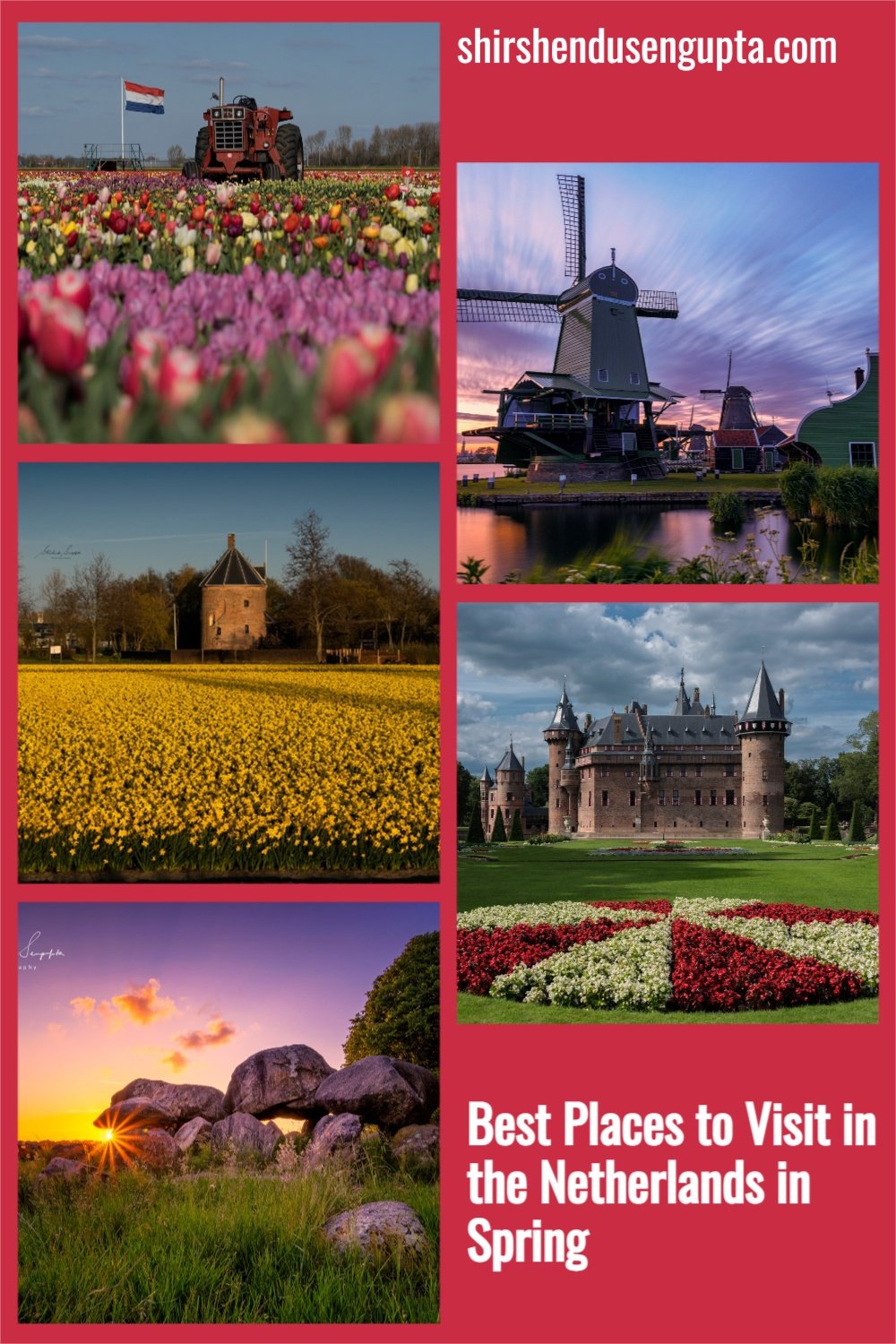

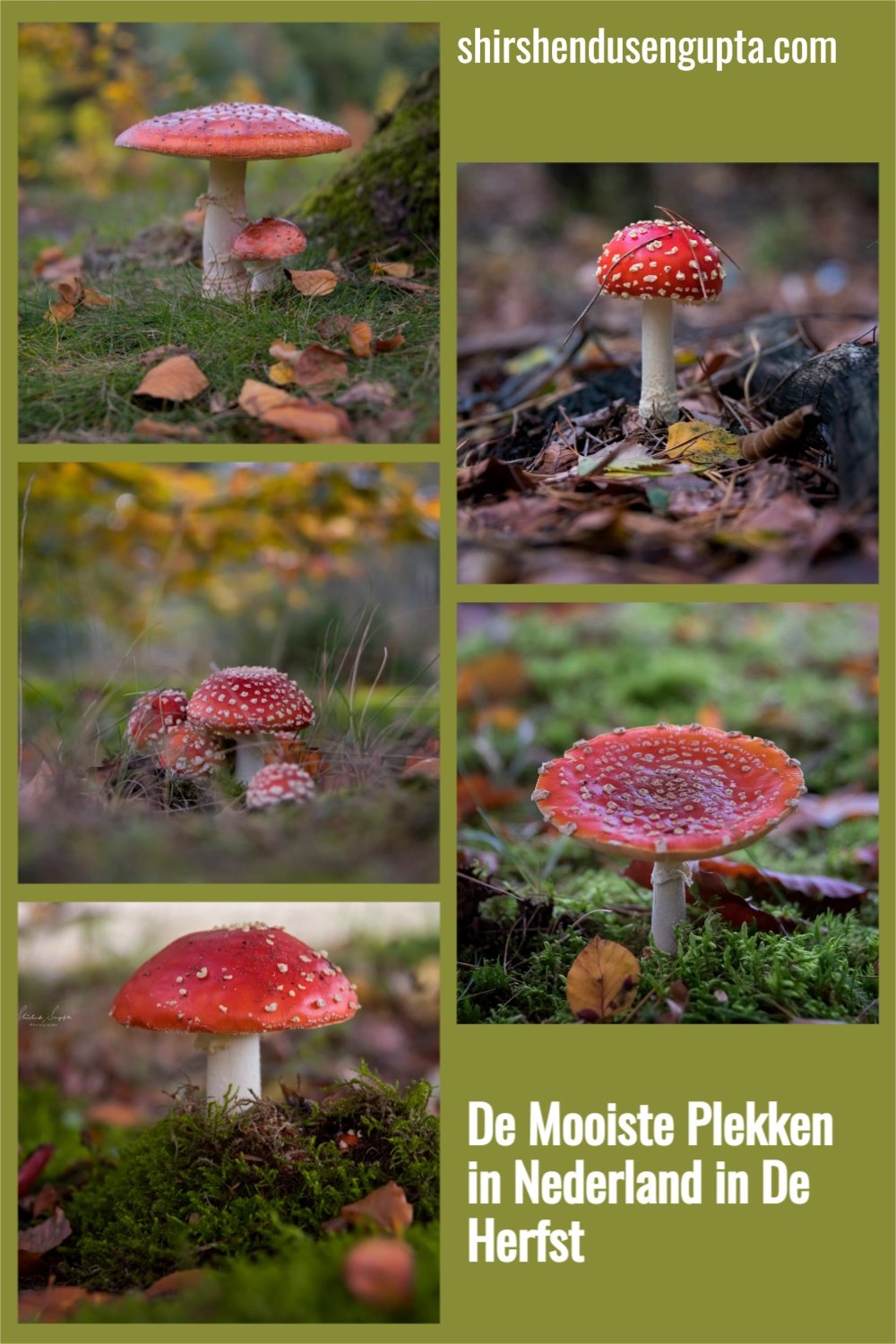

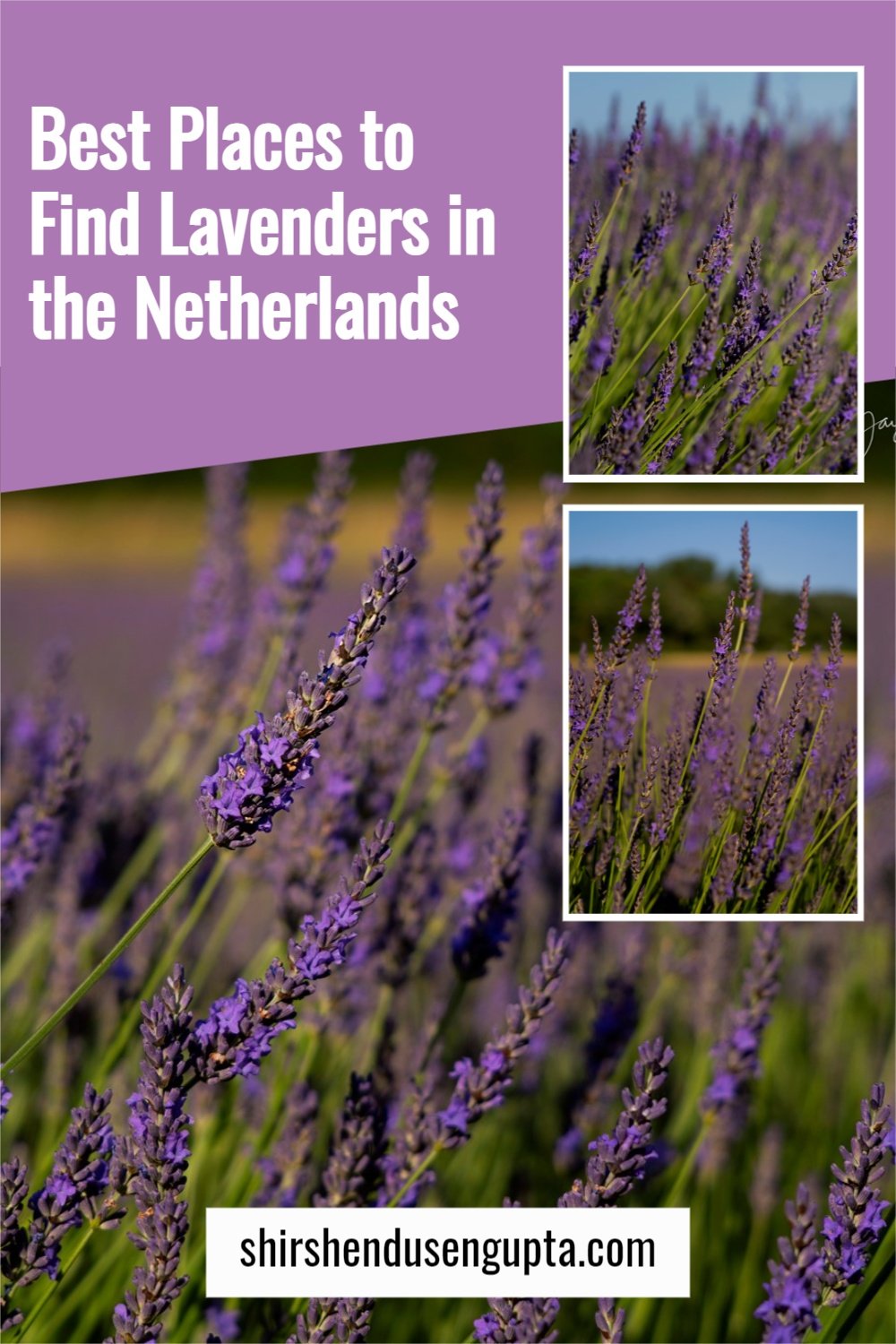
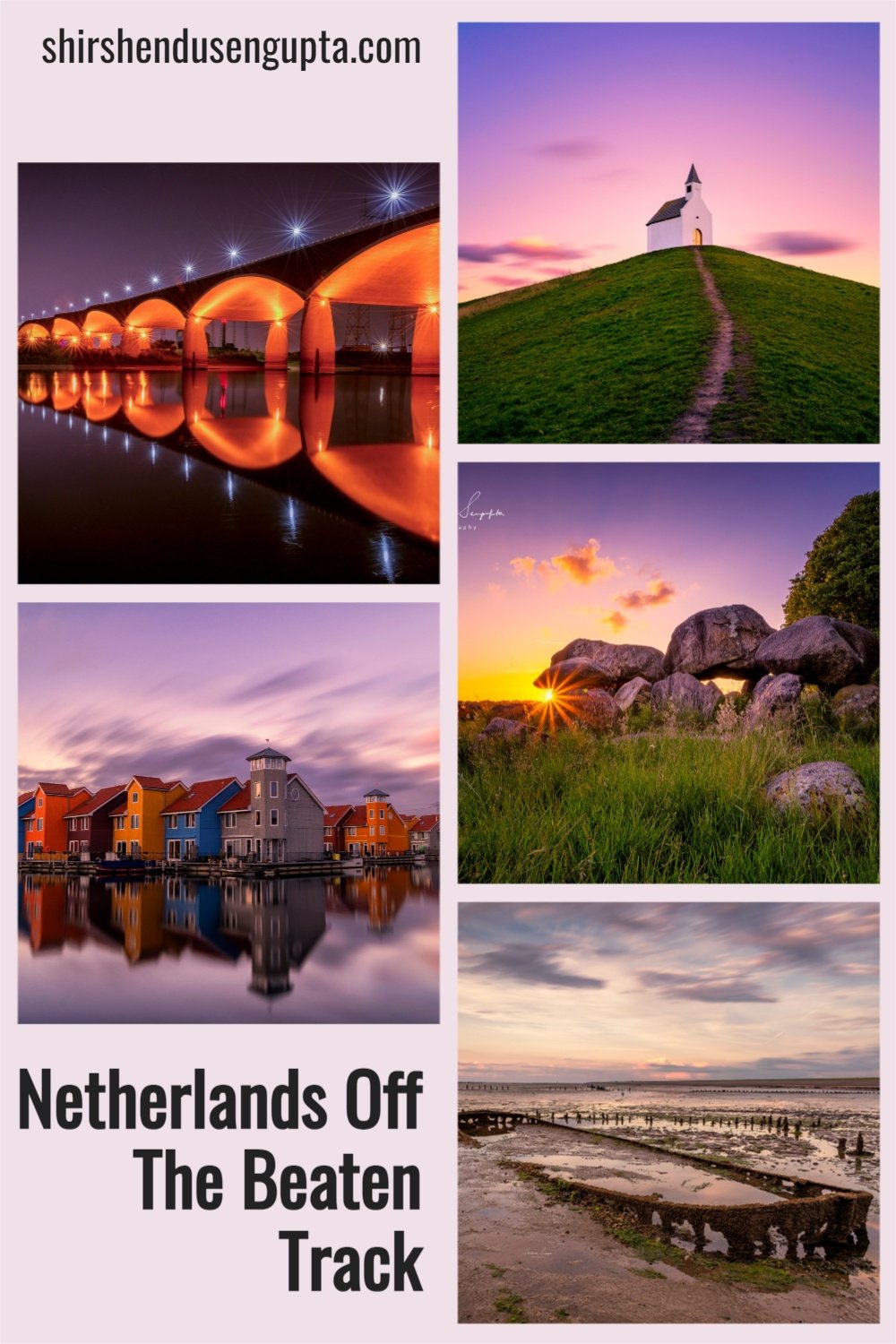
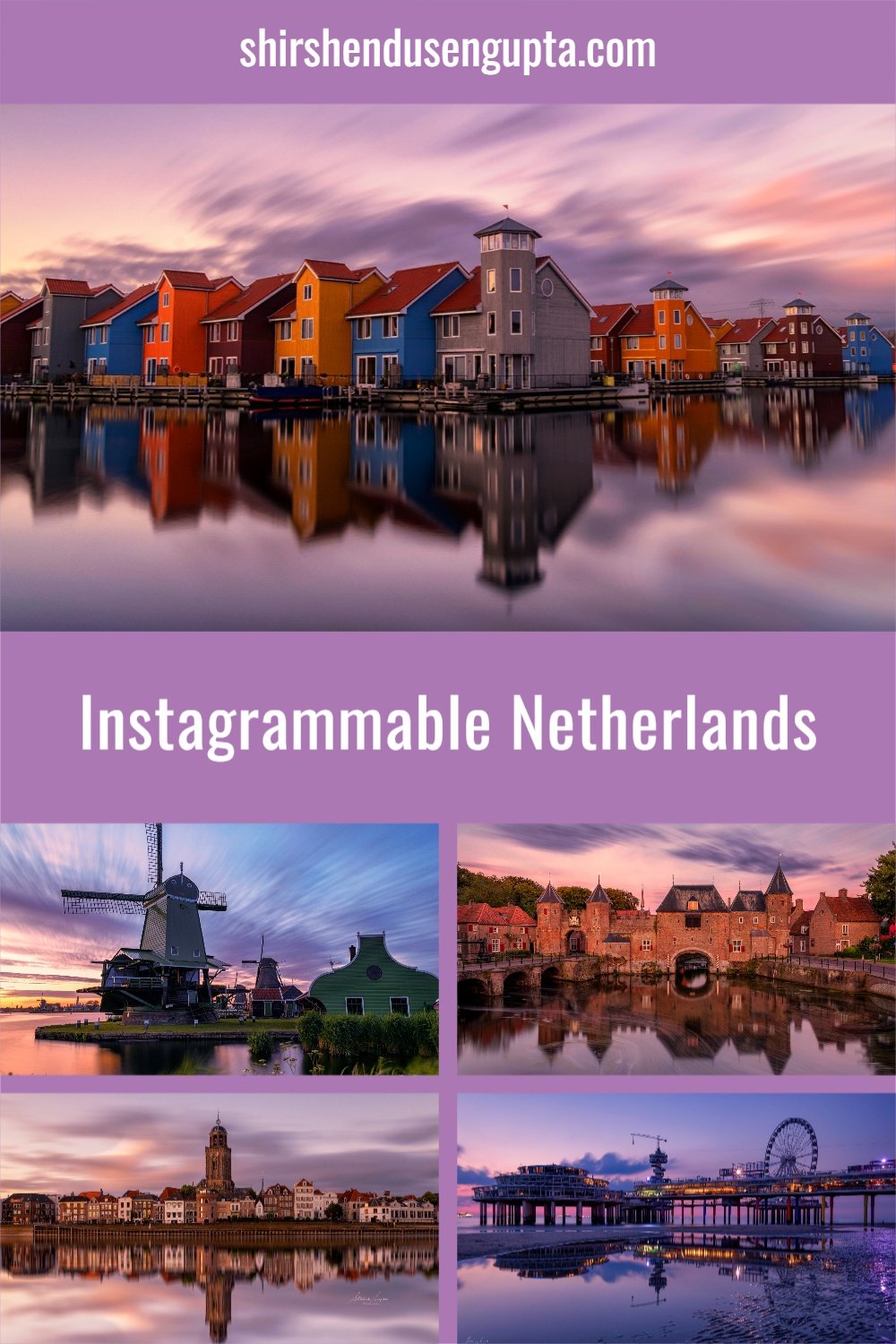
Many nations have windmills, but the Netherlands has so many of them and they are such a significant part of the nation's industrial and cultural legacy that many people throughout the world associate windmills with the country. From the Middle Ages onward, windmills have been a defining feature of the Dutch countryside. In the heyday of the windmills during the 19th century, there were roughly 9,000 windmills in the country. Even though the Industrial Revolution replaced windmills with steam, diesel, and later electricity, over 1,000 antique windmills, many of which are still operational, still stand throughout the Netherlands thanks to historic preservation initiatives. Today, along with cheese, tulips, and clogs, they are among the most well-known images of Holland. For this reason, visiting a windmill has to be at the top of your travel itinerary when visiting the Netherlands.